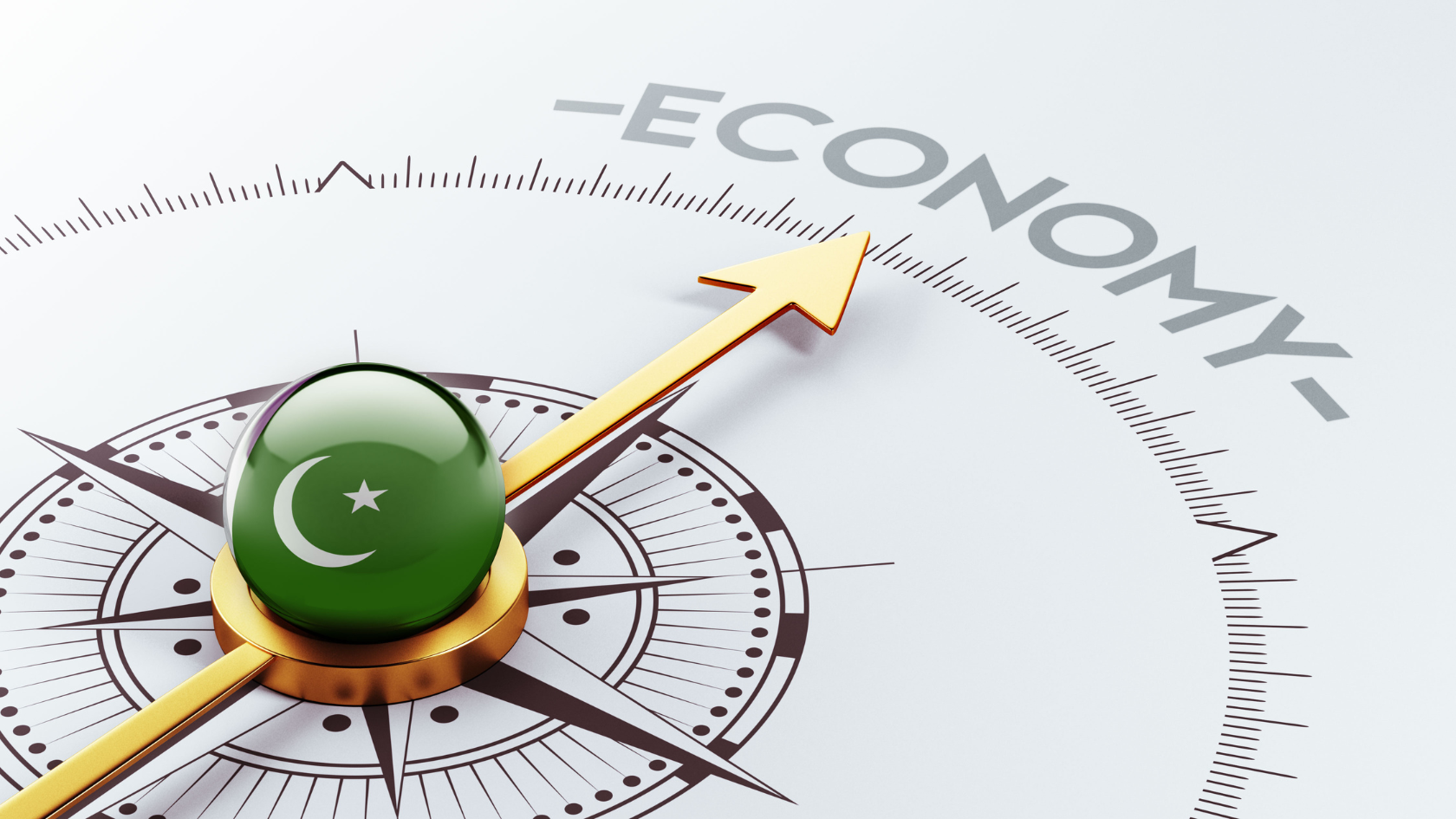
Pakistan economy challenges in 2025 continue to affect businesses, individuals, and the country’s financial stability. However, with the right strategic investments and policy reforms, there are promising opportunities for recovery and long-term growth. Understanding both sides—challenges and opportunities—helps policymakers, investors, and citizens make informed decisions for a better future.
Table of Contents
ToggleMajor Pakistan Economy Challenges
Pakistan’s economy is currently facing several critical issues that hinder its progress:
Inflation & Rising Costs: The prices of essential goods and services have surged, reducing the purchasing power of citizens and raising the cost of doing business.
Debt Burden: With a growing fiscal deficit and reliance on external loans, the country’s national debt remains a serious concern for long-term stability.
Energy Crisis: Frequent power outages and rising fuel costs impact manufacturing industries, agriculture, and daily life.
Political Instability: Changes in governance and inconsistent policy decisions cause uncertainty among investors and business owners.
Trade Deficit: Pakistan imports more than it exports, leading to reduced foreign exchange reserves and economic pressure.
Unemployment & Brain Drain: Many educated youth struggle to find suitable jobs, leading to frustration and migration to other countries. The ongoing brain drain is reducing Pakistan’s skilled workforce, which is essential for long-term growth.
These challenges are interlinked and require a multi-dimensional strategy to overcome.
Opportunities for Economic Growth
Despite the obstacles, several sectors offer high potential for boosting Pakistan’s economy:
CPEC & Infrastructure Development: Projects under the China-Pakistan Economic Corridor are enhancing connectivity, energy capacity, and logistics, encouraging foreign direct investment (FDI).
Agricultural Advancements: Introducing modern farming techniques, drip irrigation, and high-yield crops can increase food security and export revenue.
IT & Freelancing Boom: Pakistan is among the top countries for freelancing. Government support and digital literacy programs can increase IT exports.
Renewable Energy Initiatives: Solar and wind power solutions are being deployed in rural and urban areas to reduce dependency on fossil fuels.
Tourism & Local Industry Promotion: Reviving local tourism and investing in domestic manufacturing can create jobs and boost the national income.
Youth Entrepreneurship: With over 60% of the population under 30, promoting small businesses and startups can unlock untapped potential.
Youth Entrepreneurship: With increasing access to the internet and business tools, more young people are starting their own ventures. Supporting youth-led startups through training, mentorship, and small business loans can create jobs and stimulate the economy.
What Needs to Be Done?
To take full advantage of these opportunities and beat Pakistan Economy Challenges, Pakistan must:
Ensure Policy Continuity: Long-term economic strategies should continue beyond political cycles.
Improve Ease of Doing Business: Simplifying business registration, tax compliance, and access to credit is crucial.
Strengthen Education & Skills Training: To meet global demand, the workforce must be equipped with modern, job-relevant skills.
Control Inflation: Price regulation and efficient supply chains can help control inflation.
Enhance Exports: Offering subsidies, tax breaks, and marketing assistance can help local exporters expand globally.
Expert Insight
According to a recent report by the World Bank, Pakistan’s GDP growth will remain modest unless structural reforms are implemented.
Conclusion
In Pakistan economy challenges, there are also clear pathways to recovery and prosperity. By investing in education, technology, agriculture, and green energy, Pakistan can unlock new levels of growth. The key lies in unified national efforts, forward-thinking policies, and global collaboration. Additionally, investing in digital literacy and financial education can empower citizens to make informed decisions and participate more actively in the economy. Encouraging public-private partnerships and promoting transparency in government spending are also essential for building investor confidence and ensuring sustainable development. With focused reforms and inclusive economic strategies, Pakistan can overcome these barriers and unlock long-term prosperity for its people.